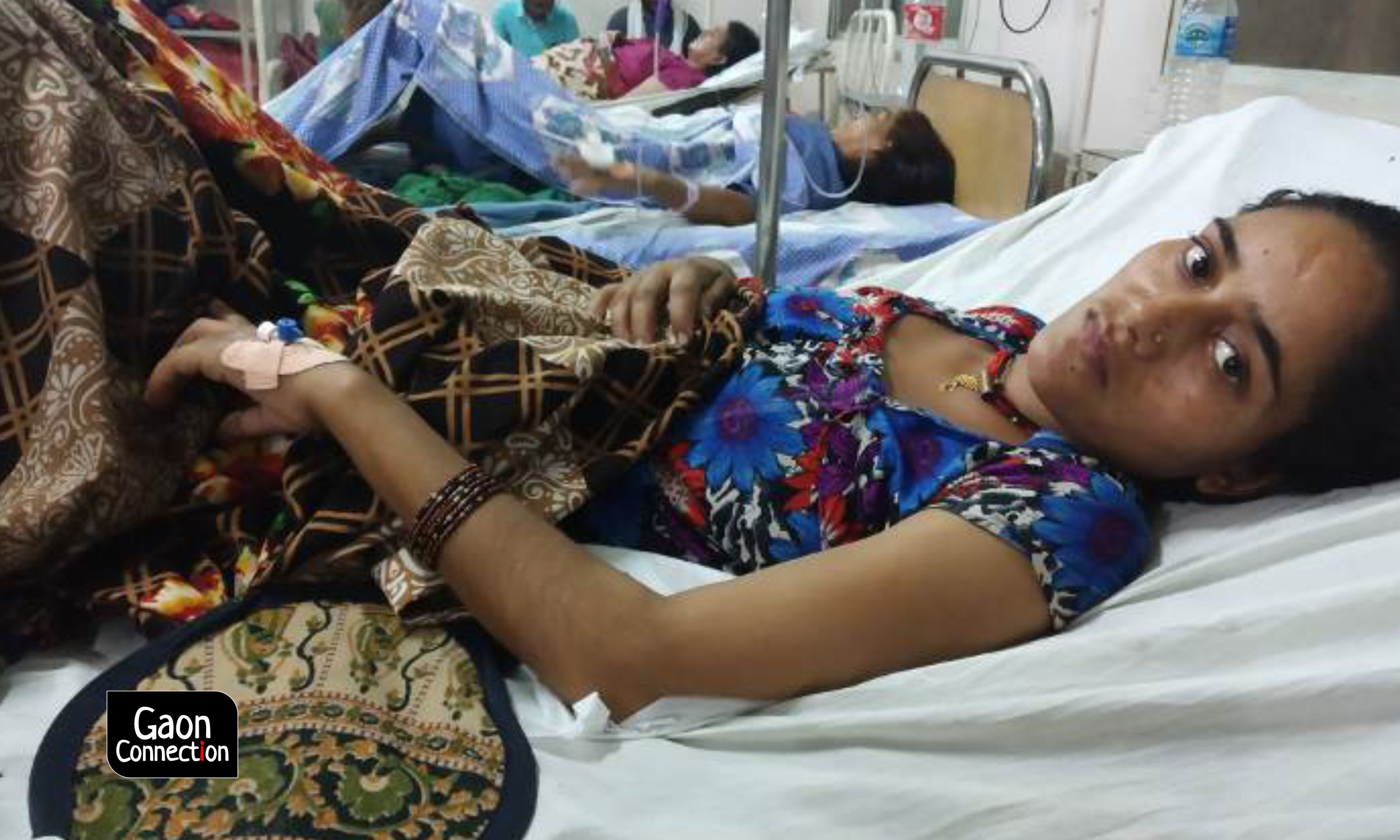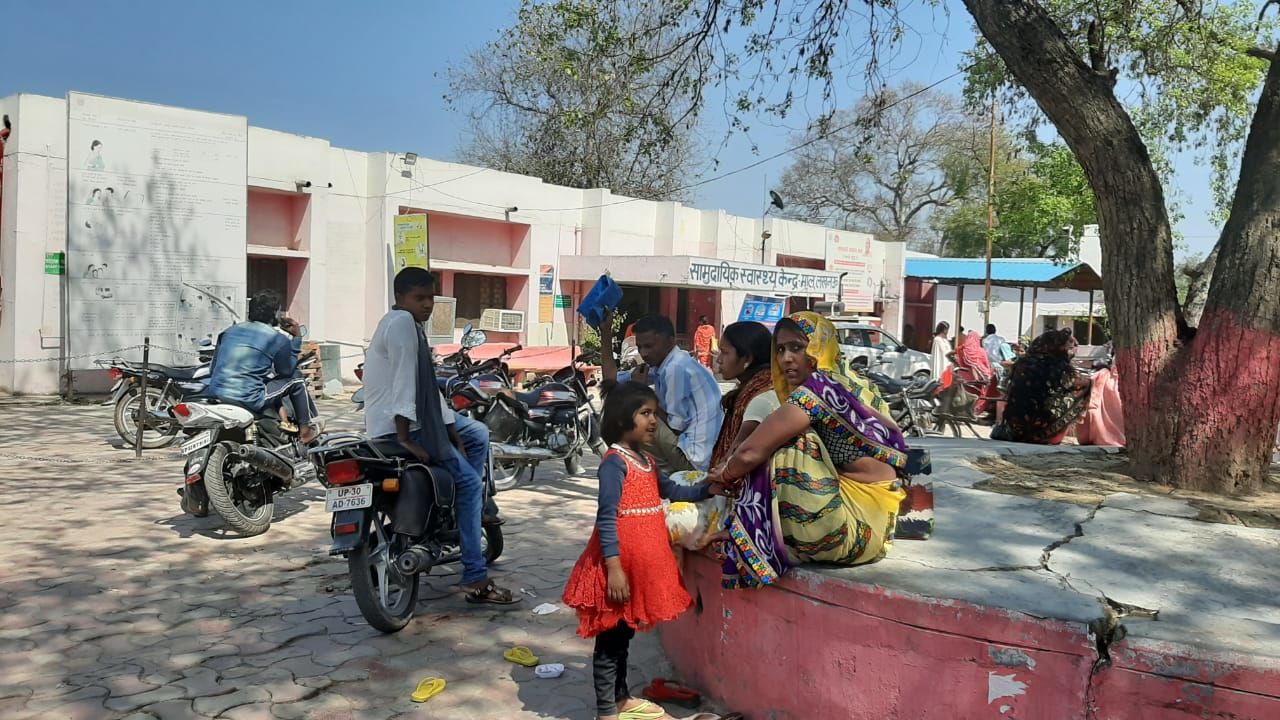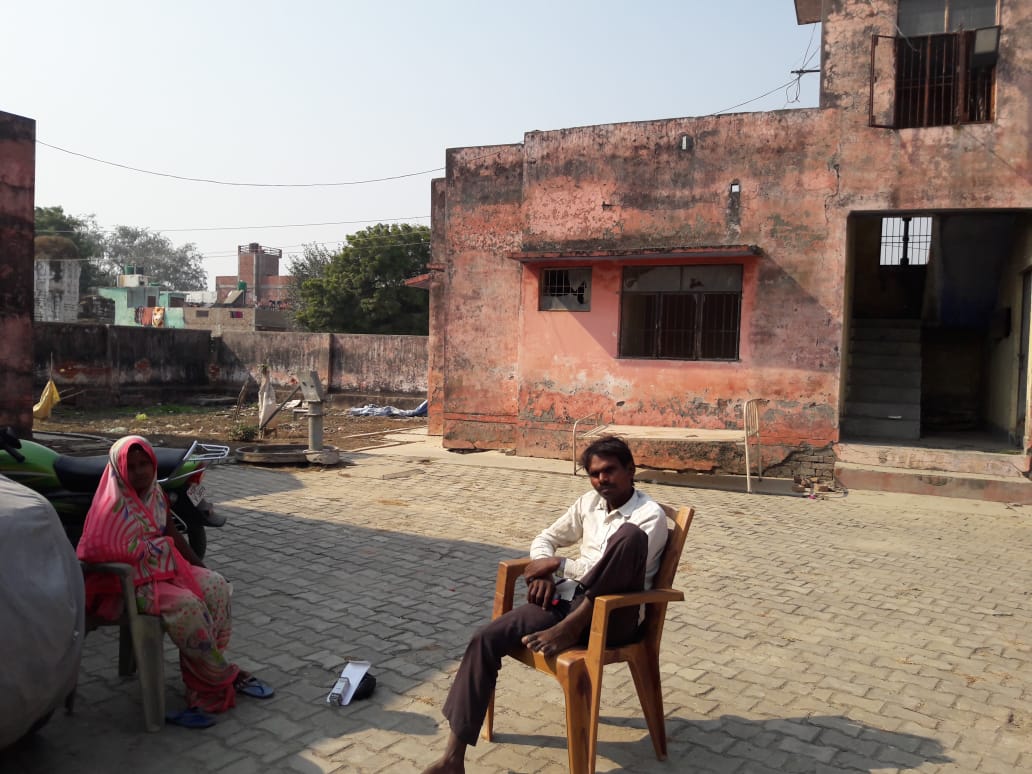Budget 2021 is a lost opportunity to fix and strengthen India’s public health system: Jan Swasthya Abhiyan
Criticising the funds allocated towards the health sector in Budget 2021, Jan Swasthya Abhiyan has issued a press statement complaining the government has lost an opportunity to fix and strengthen the country’s public health system.


Villagers, especially women, struggle for basic healthcare in rural remote parts of hill villages. Photo: Megha Prakash
In a press statement issued yesterday on February 8, Jan Swasthya Abhiyan, a national network of researchers and organisations working on public health, has termed the Union Budget 2021-22 as “misleading” and “anti-people”. It has also questioned the recently announced Rs 64,180 crores Pradhan Mantri Aatmanirbhar Swasth Bharat Yojana, to be implemented over the duration of next six years, for which no description is available for its implementation.
“It seems that the government is not much interested in strengthening the public health system. The allotment should have increased manifold after the pandemic, instead the government has disappointed us,” noted the press statement.
During her Budget speech on February 1, the Finance Minister Nirmala Sitharaman announced Rs 2.23 lakh crore as the total budget outlay for healthcare and wellness. “This is an increase of one hundred and thirty-seven per cent from last year,” said Sitharaman. Last year, the funds for the health sector in Budget 2020-21 were Rs 94,452 crores.
Clarifying the so-called increase in the health budget, Jan Swasthya Abhiyan said that funds allocated under the ‘health and wellness’ category in Budget 2021 also include the allocations to the Department of Drinking Water and Sanitation under the Union Ministry of Jal Shakti; POSHAN Abhiyan under the Union Ministry of Women and Child Development; Finance Commission grants to Drinking Water and Sanitation, and health sectors.
“When the Finance Minister adds up all these and calls it an increase in allocations for health, it is in a sense misleading the general public. The grants given by the Finance Commission are never included in the Annual Budget. Similarly, the allocation for pandemic is a one time allocation and cannot be included in the budget,” noted the national network.
The press statement is signed by over 1,000 organisations, including All India Drug Action Network, All India People’s Science Network, Breast Feeding Promotion Network in India, Forum for Creche and Child Care Services, National Alliance of People’s Movements, etc.
No information on the new Aatmanirbhar Swasth Bharat scheme
While presenting the Budget, the finance minister said Rs 64,180 crore will be invested over six years to improve primary, secondary and tertiary healthcare. The funds were allocated to the Pradhan Mantri Aatmanirbhar Swasth Bharat Yojana.
“Although the proposed components of the programme are good measures in the direction of eliminating some weaknesses of the health sector, there is no description of how this will be implemented,” said the press statement.
The press statement continued to note “the Aatmanirbhar scheme is a centrally sponsored scheme but there is no information whether the states will have contribution in it. It is important to watch out that under the garb of this, the government does not try to implement its privatization schemes.”

The network has also alleged that the Pradhan Mantri Jan Arogya Yojana (PMJAY) failed to provide access to healthcare services to the poor and deprived sections during the COVID-19 pandemic.
As per the network, for the past two years, only 50 per cent of the allocations under Pradhan Mantri Jan Arogya Yojana were utilised. “Despite this, the government is continuing this scheme,” reads the statement.
It goes on to note that during the pandemic, a significant drop in insurance claims was seen. It is significant to note that 75 per cent of payments under the Pradhan Mantri Jan Arogya Yojana, up till February 2020, were given to the private sector. This proves such schemes divert government money to the private sector instead of using them to strengthen the public health system.
Missed opportunity
Criticising the budget allocations for the health sector, the network complained the government has lost an opportunity to fix and strengthen the health system.
As per the National Health Policy of 2017, the total expenditure on health as a percentage of Gross Domestic Product (GDP) should be 2.5 per cent by 2025. According to a report of the Parliamentary Standing Committee in March 2020, Rs 1.6 lakh crores should be allocated to the health sector in 2021-22 to reach this target. The Budget 2021-22 document showed the government has not allocated even half of this amount to the sector.

According to the network, the primary healthcare services were especially affected during the COVID-19 pandemic, and there was a need to increase the expenditure on them.
Recently released phase-1 data of the National Family Health Survey-5 shows the worrisome situation of malnutrition and anaemia in the country.
“In such a situation, where the government should have increased funds towards programmes for women and children health and nutrition, it has instead reduced it. It is very unfortunate,” noted the press statement.

